Liptid are a structurally diverse group of organic molecules that play vital cellular roles in all living organisms. Lipids are collectively known as fats, oils, waxes and one of the categories is lipid like particles which participate in various cellular processes by nutrition. These live and active agents are vital for a healthy existence, which nature uses billions of times to make its processes work.
Liptid Chem Typical chemicals in Liptid
Liptid: Lipids are different groups of molecules comprised primarily carbon, hydrogen and oxygen atoms. These compounds vary from simple fatty acids, to complex polyketides and sterol metabolic products. The various types of lipids comprise a large presence in nature, lipid molecules being capable of having diverse functions across life forms due to these characteristics which the majority have been identified specifically: their differing polar and apolar regions that give them many applications within cellular membranes (such as phosphoglycerides), energy storage through trigyceride metabolism or metabolizing an organism’s hormones like steroid ether sulfate.
Functions of Liptid
Anything which has a basic need for life, you see many of them it is because those lipids things somehow got turned off.
Energy Storage – 1g of Liptid store more than twice the amount of energy that same gram in reguards to Carbohydrates for when you need it, essentially a hive away.
The Structure Of A Cell Membrane: The phospholipids form the bilayer that comprises a cell membrane, which is important in holding cells together and controlling movement of substances into and out from them.
Steroids and other Liptid-derived hormones/signaling molecules help to coordinate a wide range of biological process that are critical for life ( Signaling Molecules)
Health Benefits of Liptid
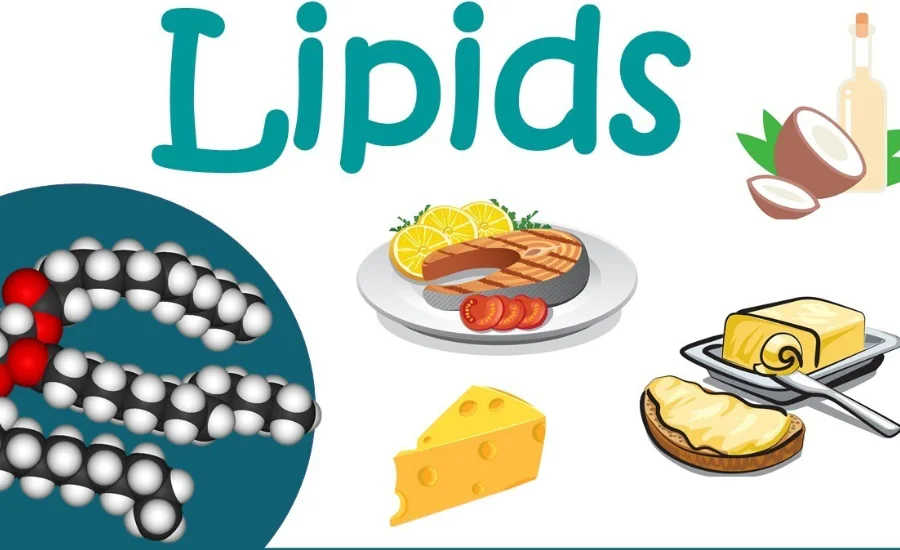
Heart Health
Good fats, in particular omega-3 fatty acids will lessen bad cholesterol (LDL) and blood pressure; reduce the more likely you are to develop heart disease.
Brain Function
Brain health is dependent upon many factors, one of which includes Liptidand DHA (an omega-3 fatty acid). DHA is a major structural fat in the brain and retina, acting to inhibit inflammatory factors while also being crucial for cognitive functions [1].
Ecological Effects of Liptid
Biodegradability
A boon regarding lipids is that they are not damaging to the environment since a lot of them can be biodegradable; potential advantages when contrasted against synthetic chemicals typically employed in pharmaceuticals.
Role in Ecosystems
Lipids are key to the environmental balance and health of ecosystems, because they constitute an energy supply for many animals and participate in several biological cycles.
Types of Liptid
Lipids include a diverse range of lipid compounds that are integral to biological function:
- Phospholipids: key components of cell membranes, contribute to membrane structure and function
- Liptid: Serves as important messenger molecules in cell-cell conversation and energy storage within cells.
- Steroids: Testosterone, and Cholesterol are hormones that control body systems.
- Waxes (used as a protecting coating in plants and animals to help defend against environmental stresses).
The Role of Liptid in Nutrition and Health
Essential Fatty Acids
Essential Fatty Acids Are Key NutrientsBody does not manufacture on its own, so have to come from diet. They are essential to our overall well-being.
Densetsu Bottlers-Omega-3 Fatty Acids
Brain health, inflammation regulation and heart health are some of the functions in your body that benefit from balancing omega-3 and -6 fatty acids. Fatty fish, flaxseeds and walnuts are the main sources of these fatty acids.
Liptid in Food Sources
Lipids are found in many foods, such as nuts, seeds and porpoises. Including these in your food plan will provide you with a proper intake of crucial lipids for max health.
Using Liptid in Skincare: The Good,The Bad and When it’s alright to use them
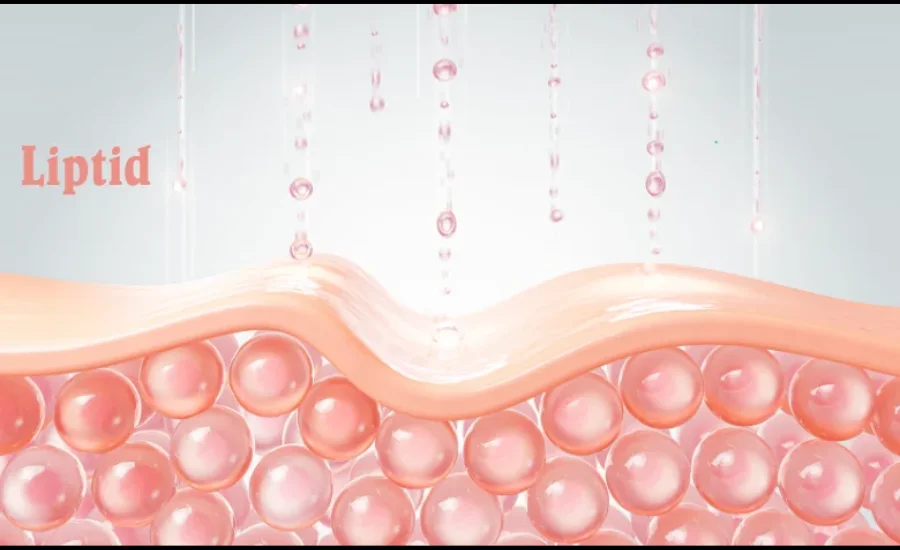
Inflammation Reduction
Some fat also are anti-inflammatory and beneficial in circumstances of chronic inflammation or illness caused by great matters like autoimmune illnesses.
Moisturizing Properties
Liptid also provide a protective barrier that helps our skin stay moisturized and hydrated, while warding off dryness.
Barrier Protection
Some of their water-based maskgs also work as a barrier on the surface, blocking pollutants and environmental influences.
Anti-Aging Benefits
Lipids are essential to keep your skin looking young and smooth, which help cover up wrinkles, by helping with both the elasticity of your face as well as keeping your lips hydrated.
Role In Pharmaceuticals and Environmental Impact
Liptid are necessary for producing liposomal drug delivery systems, making drugs more effective and selective.
This method is the type of technology that encapsulates drugs in liposomes and thus enhances their stability while increasing bioavailability for a high therapeutical effect.
Lipids enhance the absorption and performance of certain medications they that are paired with for maximizing their therapeutic benefit in the body.
Liptid and Pharmaceuticals And Environmental Impact
Lipids play an integral role in the development of new liposomal drug delivery systems which improve both the bioavailability and site-specific targeting of drugs.
This is the method of drug incorporation into liposomes to enhance their stability and bioavailability, thus yielding more effective therapeutic outcomes.
Lipids help the body to absorb some drugs better, improving their efficiency.
Liptid and the Environment
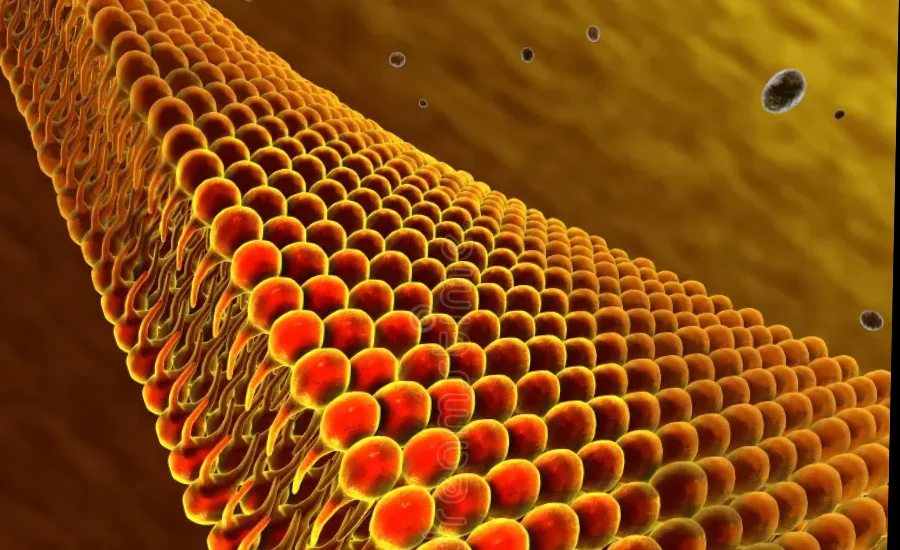
Lipids are highly biodegradable, which makes them more environmentally friendly than many synthetic chemicals used in pharma applications today.
Lipids are important for the energy budget of organisms as they serve either to deliver metabolic intermediates or directly form parts of essential life-support systems in ecosystems that connect many biological cycles crucial for maintaining natural equilibrium and health.
Natural Liptid Uses Metabolism
In some cases, synthetic lipids can be used: these are often cheap and large scale but with an exclusively non-natural background. However, they may not have all the bioactivity contained in natural lipids.
Natural Lipids: They include the lipds which are derived from plants and animals (bioactive), beneficial for health. They likely have a different composition and are usually more costly than synthetic ones.
Synthetic and natural Liptid are equally beneficial in food stuffs cosmetics, pharmaceutical compounds as well as various other markets.
Breakdown and Synthesis
Enzymes in the digestive system break down Liptid into fatty acids and glycerol, which can then be absorbed through the intestine for energy from ATP production.
Role of Enzymes
The enzymes like lipases are very important for proper digestion and metabolism of these Liptid as they facilitate the utilization by body in a much efficient manner.
Popular Misconceptions Concerning Fats Together With Tips On How To Include Buttery Foods Into Your Diet
Advancements in Technology
Recent advances in Liptid research inform new knowledge with a consequent expansion of potential impact on health and industrial applications.
Future Prospects
Future research may unveil further favorable aspects of Liptid function including novel use cases, such as superior drug delivery systems and new types of dietary supplements.
Tips to Incorporate Fats in your diet
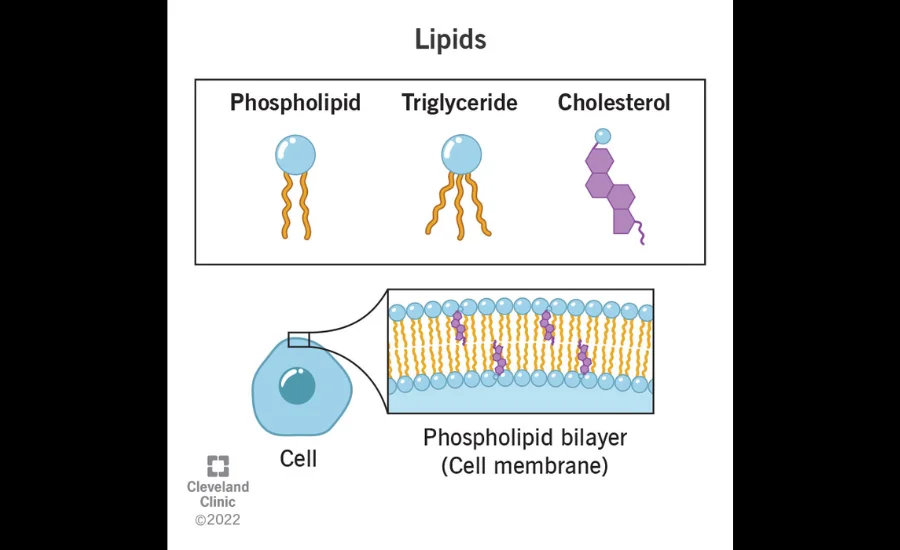
Healthy Sources
Try to include those sources of good Liptid in your meals, which are fish and olive oil, nuts and seeds as avocados. They also offer important nutrients for general health.
Cooking Tips
Selected fats such as olive oil in cooking, nuts and seeds for salads or snacks provide essential lipids to your body without compromising taste of food
Common Myths Debunked
Liptid and Weight Gain
Lipids are needed for maintaining good health and should not be excluded from a healthy diet, just like them removing fats entirely removes the feeling of satiety which will lead into even obesity.
Dietary Misconceptions
Not all lipids are harmful. Balancing your intake…Fully eliminating healthy fats from the diet can burn you out on health and will have negative side effects this involves too.
Final Words
As we conclude our exploration of Liptid , it’s clear that these molecules are not only fundamental to biological processes but also crucial in various aspects of health, nutrition, and industry. From their roles in cellular structure and energy storage to their applications in skincare and pharmaceuticals, lipids play a diverse and indispensable role in our lives. Understanding the balance and benefits of lipids can empower us to make informed choices for our health and well-being.
FAQs
1. What are Liptid ?
Lipids are organic compounds that include fats, oils, waxes, and certain vitamins, essential for cellular structure, energy storage, and various physiological functions.
2. How do Liptid affect health?
Lipids play key roles in maintaining cell membranes, supporting brain function, and contributing to overall cardiovascular health. Healthy lipid intake is crucial for optimal bodily functions.
3. What are some good sources of healthy Liptid?
Healthy Liptid sources include fish (rich in omega-3 fatty acids), nuts, seeds, avocados, and olive oil. These foods provide beneficial fats that are important for health.
4. Are all Liptid bad for you?
No, not all lipids are bad. Healthy fats, such as monounsaturated and polyunsaturated fats, are essential for good health. It’s important to balance lipid intake as part of a varied and nutritious diet.
5. How can lipids be used in skincare?
Lipids in skincare products help moisturize the skin, protect it from environmental damage, and support barrier function. They can also have anti-aging benefits by maintaining skin elasticity.
These FAQs provide a brief overview of lipids and their significance in health, nutrition, and everyday life.
to read more intrestig articles and nwes or blogs, join us on Discorver Thrill
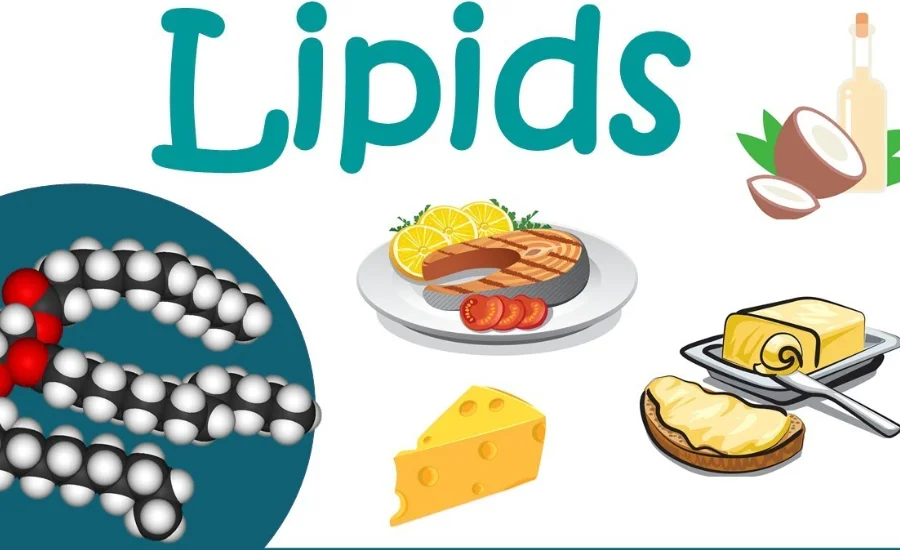




Leave a Reply
View Comments